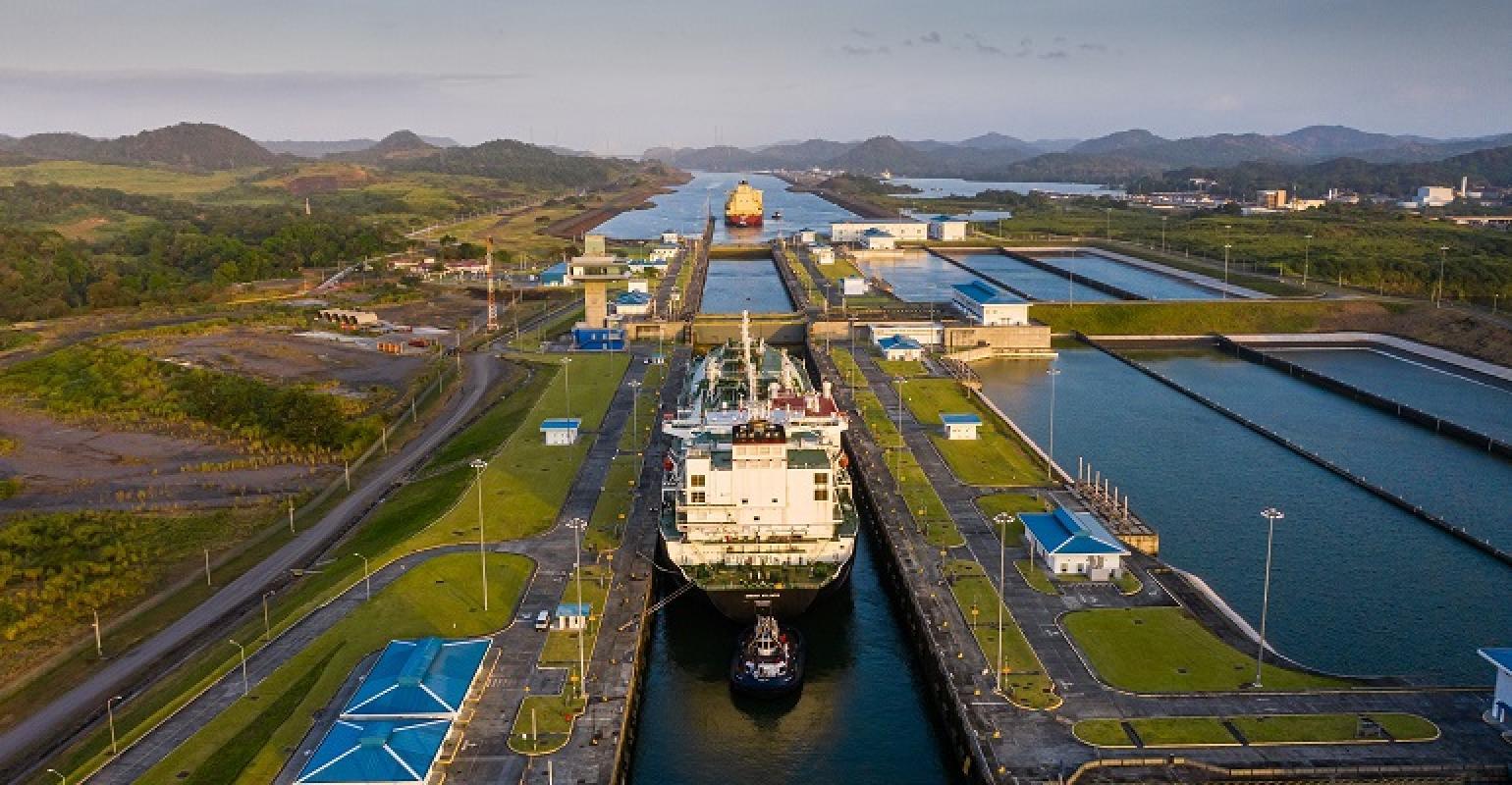The Panama Canal announced that it will modify its transit reservation fees and other maritime services (OMS) in order to better respond to evolving market changes and manage its capacity in the face of growing demand.
The Canal Authority said the changes were part of its continuous improvement process. It noted that the changes will also help simplify the current structure and seek to reflect the value of the services provided by the waterway, including the reservation system, which ensures the certainty of transit on a given date.

"The transit reservation system is an optional service offered by the Panama Canal that gives customers the possibility to transit on a specific date through the payment of an additional fee, thus guaranteeing transit. The rising demand for these slots has prompted the Canal to reflect the value of this service in tariffs to meet current demand and supply," it said in a statement.
Effective 15 April 2021, the changes to the transit reservation system fees are as follows:
Booking reservation for Panamax Locks:
- Regulars: (less than 27.74 m (91 feet) in beam): US$10,500
- Supers: (Length overall (LOA) less than 274.32 m (900 feet) and a maximum beam of 32.61 m (107 feet)): US$40,000
- Supers: (Vessels with a LOA between 274.32 m (900 feet) and 294.44 m (966 feet), and a maximum beam of 32.61 m (107 feet)): US$50,000
Booking Neopanamax Locks:
- Vessels with beam less than 42.67 m (140 feet) (including Panamax Plus vessels): US$70,000; and
- Vessels with beam equal to or greater than 42.67 m (140 feet): US$85,000
For Standard Auction slots:
For the Standard Auction slots, the base or initial amounts for slots awarded through the regular auction process will be as follows:
- For regular vessels, the base or initial amount will remain at US$15,000
- For supers, the base or initial amount will be US$55,000
- For Neopanamax vessels (including Panamax Plus) the base or initial amount will be US$93,500
It noted that an additional slot for the Neopanamax locks will also be offered through a special auction process. The dates and conditions under which this slot may be offered will depend on several variables, including vessel mix and other factors and the base or initial amount for the slots awarded through the special auction process will be US$100,000.
The Canal Authority said also going into effect on April 15, the Panama Canal will modify other maritime services (OMS) provided by the waterway, including the transit-related services fees for tugboats, line handlers and locomotives, as well as complementary services, such as vessel inspection, safety & security charge and Panama Canal Shipboard Oil Pollution Emergency Plan (PCSOPEP) charges, among others.
It said those measures are meant to improve the quality of its service and adapt to an ever-changing market, including through initiatives that offer better or more effective ways to schedule transits.
By making these changes, the Canal will ensure that it continues to create, capture and render value to customers and world trade, it added.